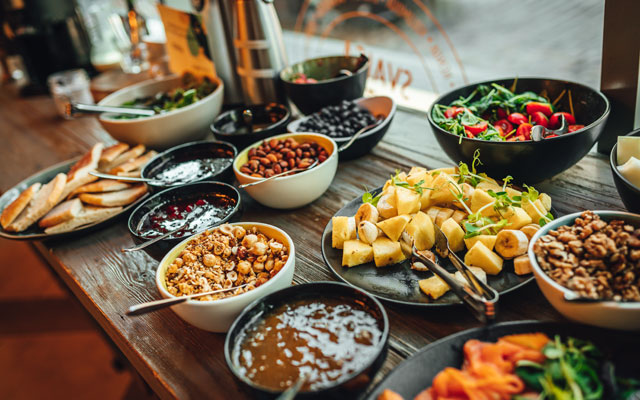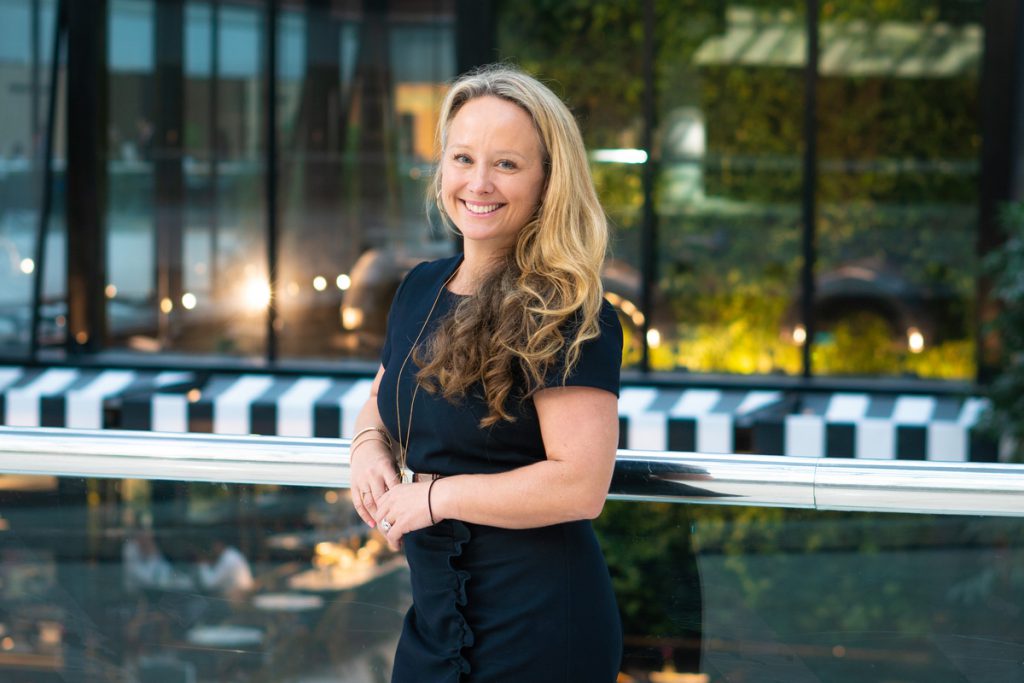- Buffets giving way to served and in-room dining options
- Guest activities being monitored to avoid crowding
- Increased digital touchpoints to minimise cross-contamination
Guest experiences at hotels in Asia are set to change in the wake of Covid-19, as hotels tweak guest-facing services and activities to accommodate heightened hygiene and sanitising standards.
Among the changes, according to hoteliers who spoke to TTG Asia, are reduced sharing opportunities at F&B outlets, increased availability of digital touchpoints and new forms of greetings to welcome guests.

New ways of dining
With cross-contamination being of great concern, some hotels have done away with buffets while others have chosen to modify them to reduce contact between guests.
Javier Pardo, vice president of operations for Avani Hotels & Resorts, said doing away with buffet at his properties will “reduce the risk of guests touching shared utensils at the buffet (line)”.
Onyx Hospitality Group, on the other hand, has chosen to serve breakfast from a menu, which Charles Yap, vice president, marketing communications, believes will be a suitable move operationally as guest volume will be lower than usual in the first few months of travel and tourism recovery.
Over at Ovolo Group, the breakfast service could be served “to the guest in-room, or (as) a pre-packaged grab-and-go offering”, said Tim Alpe, the group’s chief operating officer, Hong Kong and Indonesia.
Ovolo has also recently launched a Restaurant-in-Room concept, offering catered meals from a local restaurant in the comfort of a serviced apartment.
While Yap believes that the much-loved generous morning spreads will return along with travel confidence, health and hygiene measures will remain for a longer time.
He said: “As buffets make their come back, we can expect to see the deployment of more acrylic or glass protection panels on counters, the introduction of individualised portions such as salad greens and sauces in personal-sized jars, and of course, more rigorous and frequent disinfection and replacement of serving utensils.”
Other changes in the hotel dining service include presenting personal serving spoons when delivering a shared dish, designing menus in single portions rather than a sharing size and paring down buffet spreads, suggested Kerry Healy, vice president sales Asia-Pacific at Accor.
Eating well
With the pandemic pushing health concerns to the forefront, some hoteliers are also predicting a greater demand for wellness cuisine as guests return.
Healy said: “Menus (at Accor properties) are likely to focus more on fresh, local ingredients… and we will look at introducing healthier options as we believe people are going to seek dishes that promote their well-being.”
Mark Thomson, spokesperson with Minor Hotels, agreed. He revealed that Anantara, one of the hospitality group’s brands, will roll out wellness cuisine that includes immune booster programmes, with specialist wellness chefs preparing fortifying meals and juices to help guests naturally boost their immune system.

Controlled interaction
Elsewhere in the hotels, shared facilities and group activities will see various operational changes to ensure health and safety measures are enforced.
At Anantara hotels, fitness classes will be modified. Guests will now be able to book personal training sessions or activities such as yoga and pilates as individuals, couples, or in small groups, with safe distancing measures adhered to.
At Onyx properties, guests are invited to reserve a gym session or sunbed space in advance to facilitate better crowd control.
Healy is exploring the feasibility of providing in-room exercise equipment for guests at Accor properties, while every public space will have “new cleaning and physical distancing measures” such as spaced out deck chairs.
Taking a step further, Avani properties will seal off every guestroom for 24 hours after cleaning and before the next guest can enter, shared Pardo. His team is also looking into a UVC light device that can disinfect a room in 30 minutes and the installation of air purifiers.
Digital shifts
More digital touchpoints will be introduced to minimise cross-contamination risks, and hoteliers stress that guests can have a technologically-enabled, contactless hotel stay and still find it personalised.
Pardo said: “We are introducing contactless service – digital check-in and check-out, bill payments via payment gateways, and a digital concierge app that is work-in-progress now.”
To bring warmth into these contactless changes, Pardo said “handshake-less greetings such as the traditional Thai wai greeting, Korean jeol bowing, and even the Vulcan salute popularised by Star Trek” will be used to demonstrate welcome.
For Alpe, instead of a typical face-to-face greeting, guests can be welcomed by personalised messages in their rooms – on the TV and iPad.




















